on call assist
We’re here to help
We’re never late
24/7 Emergency Callout
Satisfaction Guaranteed
2PL logistics involves a company outsourcing the management and execution of certain logistics functions to a third-party provider. This can include transportation, warehousing, and distribution services.
3PL logistics involves a company outsourcing all its logistics functions to a third-party provider. This is a more comprehensive approach than 2PL, which involves outsourcing only certain functions.
2PL logistics is commonly used in a variety of industries, including retail, manufacturing, and healthcare.
Yes, we offer services for various types of hauls, including flatbed and step deck work. Our company is equipped to handle a wide range of transportation needs, and we understand the specific requirements and challenges associated with flatbed and step deck hauling.
Weight and size limitations for flatbed or step deck transport can vary depending on the specific state or province regulations.
Yes, permits are typically required for oversized or overweight loads in flatbed or step deck transport. The specific permits needed depend on the dimensions and weight of the load, as well as the states or provinces involved in the transport. Some common permits include:
Oversize Permits: These permits allow the transportation of loads that exceed the standard size limits set by regulations.
Overweight Permits: These permits are required when the weight of the load exceeds the legal weight limit for a specific axle or combination of axles.
Wide Load Permits: These permits are necessary when the width of the load exceeds the legal width limit.
Securement requirements ensure that cargo remains safely in place during transport. Some common securement methods for flatbed or step deck transport include:
Straps and Chains: These are used to secure cargo to the trailer, with appropriate tension applied to prevent movement.
Dunnage: Wooden blocks or boards are placed between cargo and the trailer bed to provide stability and prevent shifting.
Binders and Winches: These devices are used to tighten and secure straps or chains to the trailer, ensuring proper tension.
Edge Protectors: These protect the cargo and the securing devices from damage caused by sharp edges or corners.
Specific securement requirements may vary based on the type of cargo being transported and the regulations of the jurisdiction. It’s important to follow the guidelines provided by the Federal Motor Carrier Safety Administration (FMCSA) or relevant authorities to ensure compliance and cargo safety.
Regulations and permit requirements can vary depending on the nature of the cargo and the states involved in the transport.
Yes, we offer real-time tracking for all our shipments. You can view the current location and status of your cargo by contacting our customer service team at admin@wordpress-1492370-5694338.cloudwaysapps.com
To get started with our services, simply contact us to discuss your logistics needs and request a quote. Our team will work with you to develop a customized solution that meets your specific requirements.


